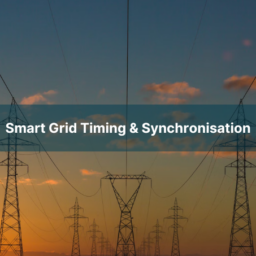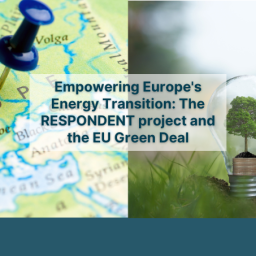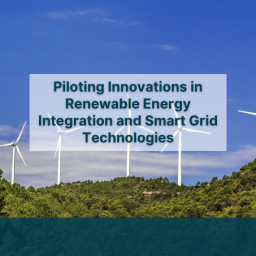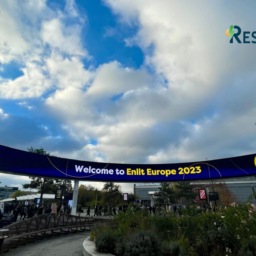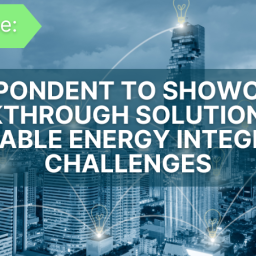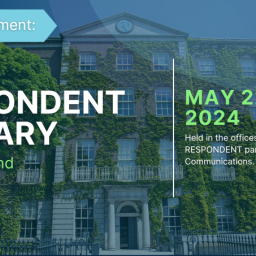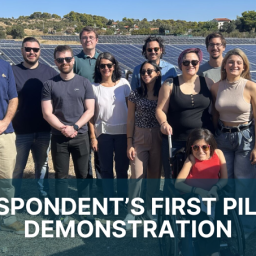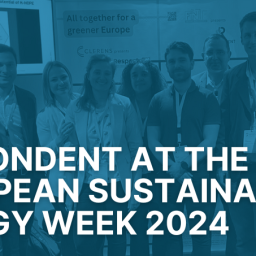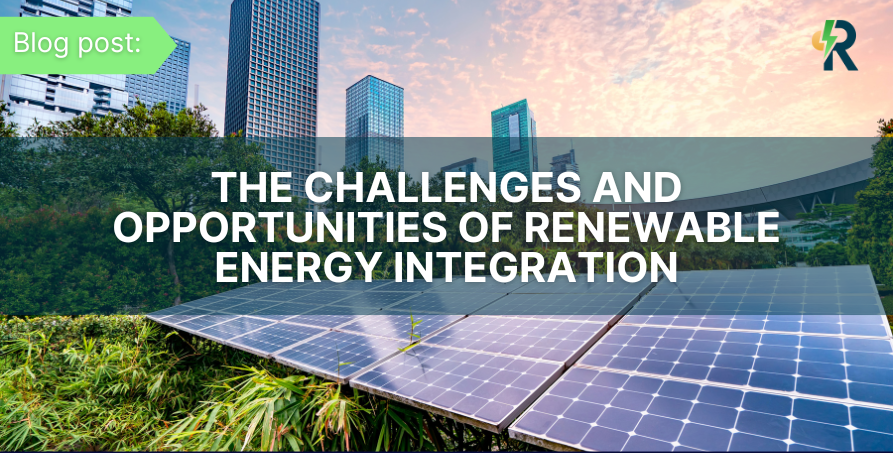
From advanced AI-based forecasting tools to global collaboration, RESPONDENT is paving the way for a smarter, more sustainable energy future.
Challenges of Solar Power Integration
With the world increasingly seeking to embrace renewable energy sources in the fight against climate change and reduce reliance on fossil fuels, integrating these sources into national and international power grids has become a complex yet essential task. Solar power, in particular, holds great promise in this transition, but its integration comes with significant challenges.
One of the primary challenges in integrating solar power into traditional power grids is the inherent variability. Solar energy generation fluctuates based on weather conditions and the time of day, complicating the task of maintaining a stable and reliable power supply. Grid operators must balance supply and demand in real time, and the unpredictability of solar output adds a further layer of complexity to this process.
In addition to intermittency, many existing power grids were not initially designed to accommodate high levels of renewable energy, meaning that the integration of solar power at scale often necessitates significant upgrades to transmission and distribution infrastructure. Enhancing grid flexibility to manage the variability of solar power and ensuring that grids can handle the reverse flow of electricity from distributed sources like rooftop solar panels are therefore crucial steps in this modernisation process.
Technological Solutions for Accurate Forecasting
Accurate forecasting of solar power generation is another critical aspect of grid management. Traditional forecasting methods often struggle to account for the rapid changes in solar output caused by shifting weather patterns. Inaccurate predictions can lead to overgeneration or shortfalls, both of which pose risks to grid stability. This is where technological innovations, like those developed by RESPONDENT, become essential.
The RESPONDENT project is advancing the integration of solar power through the development of AI/ML-based forecasting tools that leverage real-time data from IoT weather stations and the Copernicus Earth Observation (EO) Climate and Atmosphere Monitoring Service (CAMS) services and data. These tools and services offer the potential to significantly enhance the accuracy of solar power generation forecasts, enabling more efficient grid management and reducing the risks associated with solar power variability. This kind of technological advancement not only addresses the challenges of integrating renewable energy successfully, but also opens up new opportunities for grid operators and the broader energy sector.
Global Collaboration and Economic Opportunities
As the push to integrate renewable energy continues, investments in grid modernisation are becoming increasingly important. Upgrading infrastructure to be more flexible and resilient supports the integration of solar power while improving overall grid reliability and efficiency, with advanced grid management systems, smart meters, and energy storage solutions are all part of this modernisation effort.
The challenges of integrating solar power are not unique to any one country, making the need for global collaboration essential to the success of overcoming this hurdle. Although funded by the European Union, the RESPONDENT is universal in its vision to help demonstrate how international cooperation can lead to innovative solutions that benefit multiple regions. Indeed, RESPONDENT’s solutions have the potential to be adapted and adopted worldwide, including in regions like North America, where renewable energy integration is also a high priority.
In addition to technological and infrastructural advancements, the transition to renewable energy is a significant driver of economic growth and job creation. Investments in solar power infrastructure, research and development, and related industries create new opportunities across the energy sector. As more countries commit to renewable energy targets, the economic benefits will continue to grow, providing a strong incentive for further integration.
The RESPONDENT project exemplifies how these challenges can be addressed through innovation and collaboration. By developing cutting-edge forecasting tools and leveraging European space-based technologies, RESPONDENT is improving the integration of solar power into the grid, reducing reliance on fossil fuels, and supporting the ambitious climate goals of the European Green Deal.
While integrating renewable energy sources like solar power into power grids does present significant challenges, there are also numerous opportunities. Through technological innovation, infrastructure modernisation, and global collaboration, these challenges can be addressed and overcome, paving the way for a cleaner, more sustainable energy future.



